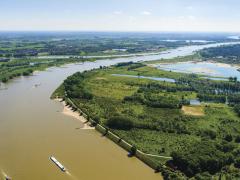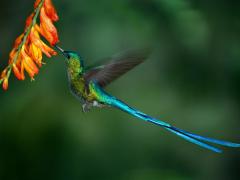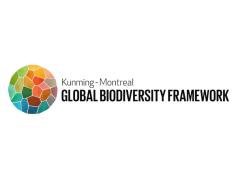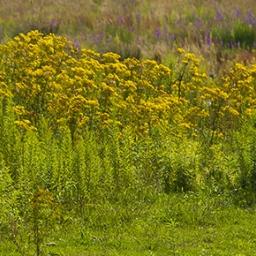Developing multi-scale and integrative nature-people scenarios using the Nature Futures Framework
Nature is under pressure. Given current development trajectories, without substantial transformations, it is unlikely that we will achieve the prosperous future imagined in global sustainability targets. Although a lot of research explores the impacts that our present actions will have on the future of the planet, there is little work on what more desirable futures for people and nature might actually look like for different people and in different contexts. These descriptions of the future are important tools for decision-makers and researchers who want to understand how choices in the present can help enable the transformative changes needed to navigate towards a more prosperous future.
To address this gap, the Intergovernmental Science-Policy Platform on Biodiversity and Ecosystem Services (IPBES) expert group on scenarios and models undertook work to co- create desirable scenarios of nature that not only reflect the diversity of values that humans have for nature, but are also applicable in different contexts. In this paper, we describe the research process of developing the Nature Futures Framework (NFF) (see figure) and how it is the starting point for a longer-term process to co-create a new set of desirable nature-centred scenarios.
The Nature Futures Framework
The NFF is a triangle space with each of the corners representing one of the following value perspectives on nature:
- Nature for Nature, in which nature has value in and of itself;
- Nature for Society, in which nature is primarily valued for the benefits or uses people derive from it;
- Nature as Culture, in which humans are perceived as an integral part of nature.
The aim of the NNF is to provide a simple way to illustrate a complex mixture of values for appreciating nature. It is an actionable framework for opening up more perspectives in the creation of nature scenarios whilst ensuring consistency for models and other research. As we navigate the next chapter in global biodiversity governance, the NFF makes a unique contribution towards improving the science-policy interface.
This study is part of the work catalysed by the IPBES Technical Support Unit (TSU) for scenarios and models, which is hosted at PBL. The TSU supports the IPBES Task Force on Scenarios and Models, which assists IPBES expert groups in assessing scenario development and modelling studies and acts as a catalyst for the development of new scenarios for biodiversity and ecosystem services.
Authors
Specifications
- Publication title
- Developing multi-scale and integrative nature-people scenarios using the Nature Futures Framework
- Publication date
- 6 October 2020
- Publication type
- Article
- Page count
- 24
- Publication language
- English
- Issue
- People and nature 2020
- Product number
- 4233




